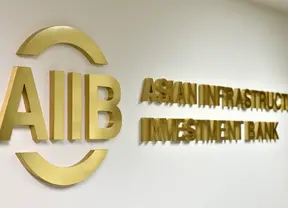
The China-initiated Asian Infrastructure Investment Bank (AIIB) was formally established Friday, marking a milestone in the reform of the global economic governance system as well as in the infrastructure development in the Asia-Pacific region.
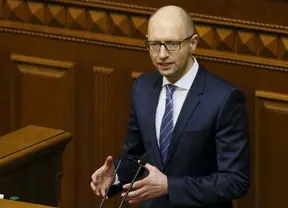
Moscow is about to toughen economic restrictions against Ukraine by banning food imports from the neighbor starting from next year, when Kiev's free trade regime with the European Union (EU) becomes effective.

China's free trade agreements (FTAs) with South Korea and Australia officially came into force on Sunday, marking a tremendous boon for the three countries.

In the final stretch of a turbulent year trapped in acute double crises, the five-year debt issue and the escalating refugee crisis as of early 2015, more hard work seems to be awaiting Greece in 2016.
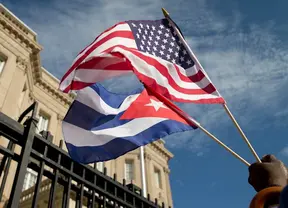
Cuba and the United States on Tuesday held their first talks to discuss mutual compensations for Cuba's nationalization of American assets and the damages derived from the U.S. economic blockade on the island.

China will host the 2016 Group of Twenty (G20) summit in the eastern city of Hangzhou from Sept. 4 to 5, and formally take over the presidency of G20 on Dec. 1, 2015.

The 10th session of the 13th National Assembly wrapped up on November 27 after over one month of work in a serious and responsible manner. The NA successfully fulfilled the entire agenda, including a significant volume of important content. Legislators reached consensus and commented on the country’s situation as well as its socio-economic performance over the past years, while promulgating new laws and making decisions on many other important issues.

Leaders of 25 media organizations from BRICS countries are to gather here for an unprecedented event dedicated to promoting media cooperation within the BRICS framework, which will inject new vigor and vitality into common development of the five-member bloc.

Chinese Premier Li Keqiang's recently published article on China's reform drive and international cooperation shows the country's pragmatism and determination, and charts a new and unprecedented blueprint that will also benefit world economic growth.

Against the backdrop of fragile global recovery and potential challenges facing Asia-Pacific development, Chinese President Xi Jinping on Wednesday expounded on his suggestion for regional growth and expressed confidence in China's economy.

The Group of 20 (G20) leaders urged in a communique here on Monday on further collective actions to achieve strong, sustainable and balanced growth that is inclusive and creating more and better quality jobs.
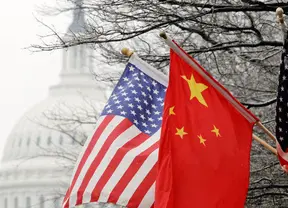
President Xi Jinping said Sunday that the Chinese economy is predicted to grow about 7 percent this year, which will continue to contribute as high as about one third to the global growth.

Chinese President Xi Jinping on Sunday proposed strengthened coordination on macroeconomic policy, innovation-driven development and an open world economy as prescriptions for boosting global growth.

Japanese Prime Minister Shinzo Abe said he wanted to strengthen economic ties with China and South Korea through the realization of a free trade agreement (FTA), before departing on Friday for a number of economic and regional summits.

The China-Australia Free Trade Agreement (ChAFTA) has the potential to deliver "significant economic benefit" to Australia, according to Shadow Trade Minister Penny Wong on Friday.

China's 13th Five-Year Plan (2016-2020) on National Economic and Social Development will not only meet its own development demand, but also have a positive impact on the rest of the world, overseas experts have said.
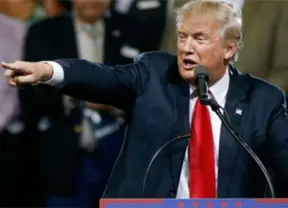
China will prioritize quality and efficient development in the next five years starting 2016, according to a communique released on Thursday following a four-day key meeting of the Communist Party of China (CPC).